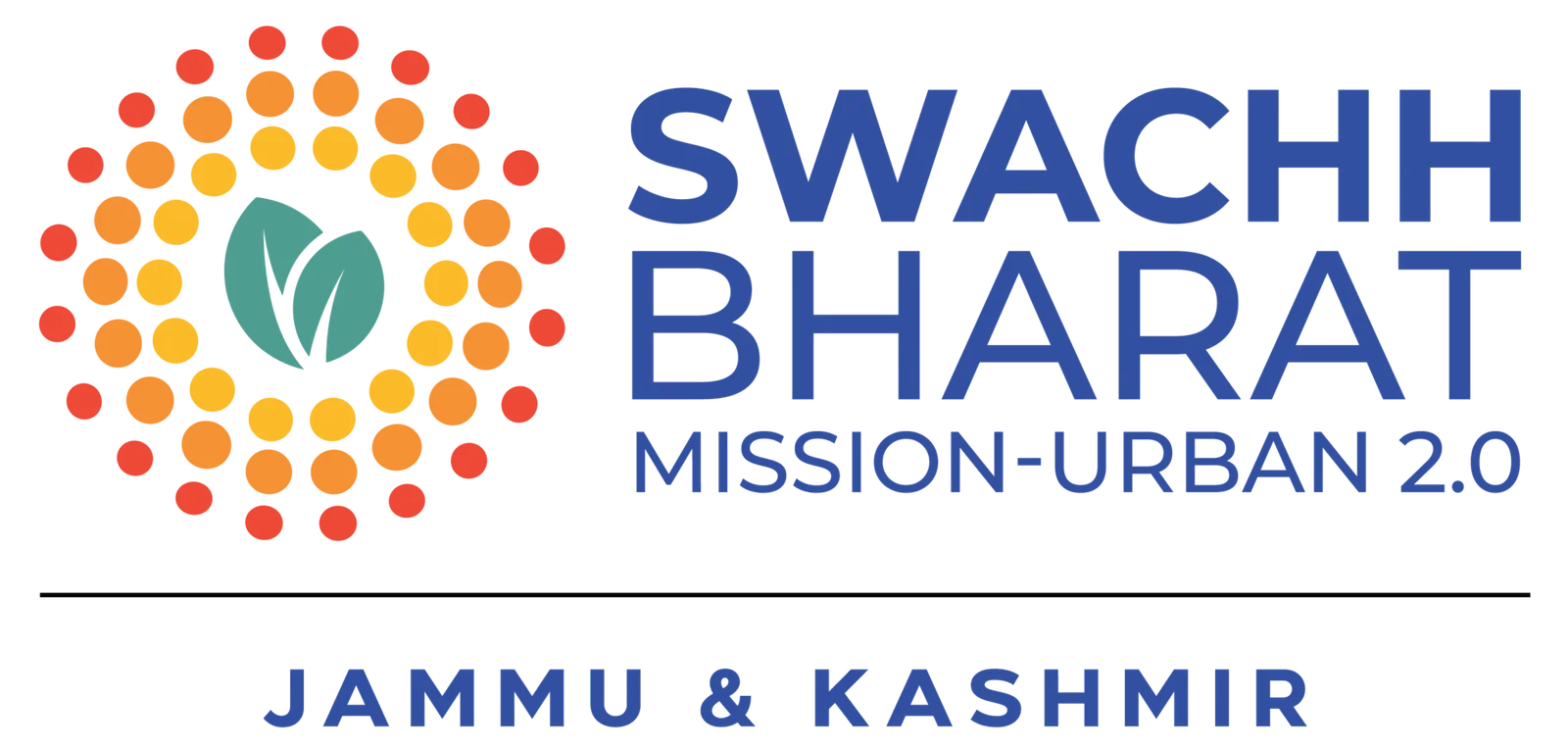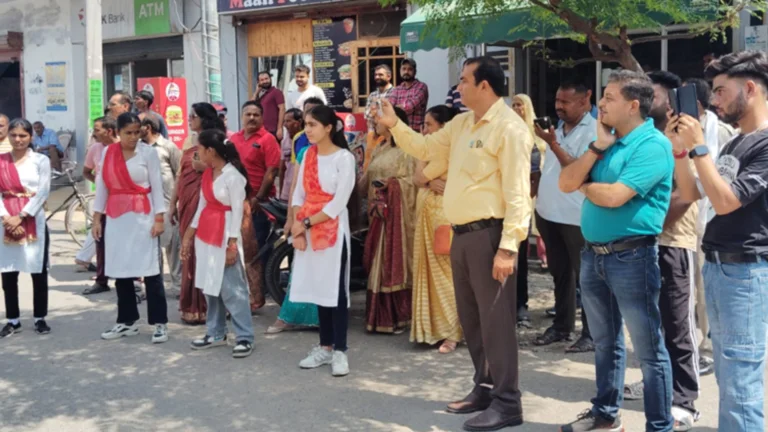In the heart of Srinagar’s iconic Lalchowk, voices rose, not in anger, but in harmony for change, change that clapped back at indifference, pollution and societal apathy. Under the resonant slogan “Na Thappad se, Na Gaali se — Ab Samjhayenge Taali Se,” a thought-provoking Nukkad Natak unfolded as part of the Taali Campaign a clarion call for civic responsibility and cleaner cities.
This vibrant event was more than a performance; it was a movement. Spearheaded by Srinagar Municipal Corporation (SMC) in collaboration with the Jammu and Kashmir Academy of Art, Culture and Languages, FM Mirchi, and the ever-energetic Swaaha Swachhata Executives, the initiative successfully turned a bustling street corner into a powerful platform for behavioral change.

A Street Play with a Purpose
The play captivated its audience with a mix of raw emotion, satire and humor — drawing attention to everyday sanitation issues that often go ignored. But what made this initiative stand out was its tone not scolding, not threatening, but celebratory and inclusive, inviting everyone to be part of the solution.
Key Themes that Echoed Through the Streets
1. Ban on Single-Use Plastics:
Through relatable characters and scenes, the natak showcased the silent yet severe damage caused by plastics choking drains, harming animals, and burdening the earth. The performers urged citizens to embrace cloth bags, sustainable packaging and conscious consumption.
2. Use Toilets Properly:
Open defecation and urination were tackled head-on not with shame, but with empathy and education. The play emphasized dignity, cleanliness and the right to access hygienic sanitation for all.
3. Segregate Waste The Chaar Bin Concept:
An engaging skit segment brought the “Four Bin” system to life Red for Rejects, Blue for Recyclables, Green for Wet Waste, and Black for Sanitary Waste. This simplified, color-coded approach resonated well with all age groups and encouraged household-level segregation.
4. Reduce, Reuse, Recycle:
A clever portrayal of daily life waste plastic bottles turned planters, old clothes reused creatively showed how the 3R mantra isn’t just a theory, but a lifestyle.
5. Say No to Littering in Streets and Drains:
The final act of the play highlighted the ripple effects of careless littering from choked city drains to water pollution. The message was loud and clear: Streets are not dustbins. Our drains are not dumping grounds.


Claps, Cheers and Change
By the end, the crowd didn’t just watch they clapped along. The performers broke the fourth wall, inviting onlookers to join the chorus of cleanliness and responsibility. Every clap symbolized not just applause, but a promise.
A Ripple Effect
The Taali Campaign’s Nukkad Natak at Lalchowk is a stellar example of how street art can fuel public awareness and shape urban behavior. It reminds us that change doesn’t always need a stick sometimes, a sincere clap, a heartfelt performance and a clear message are enough to stir a revolution.

